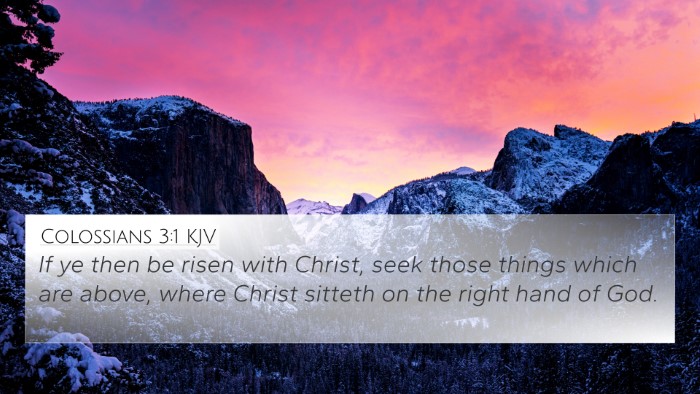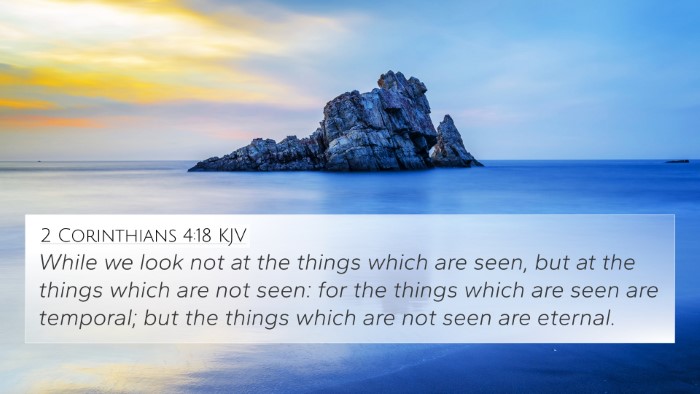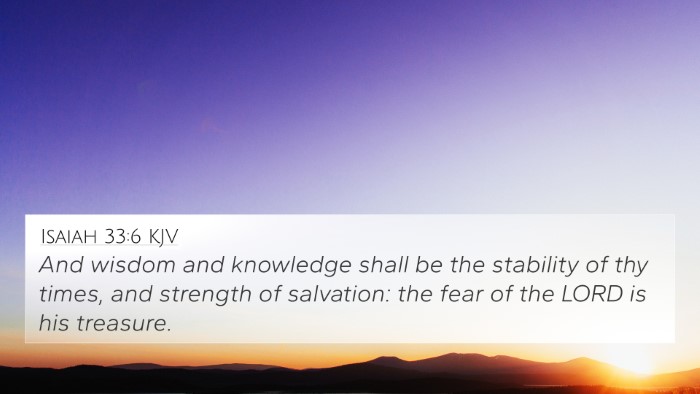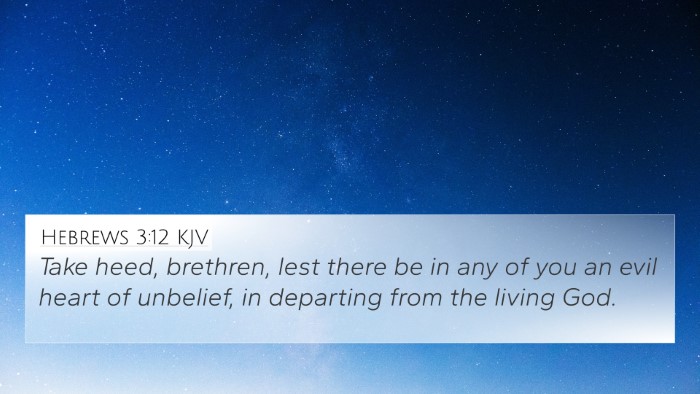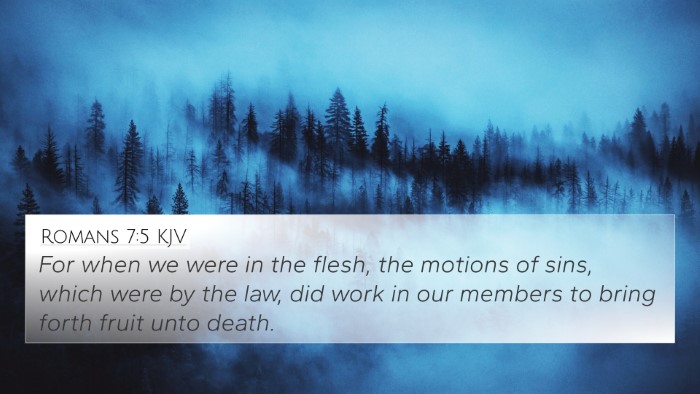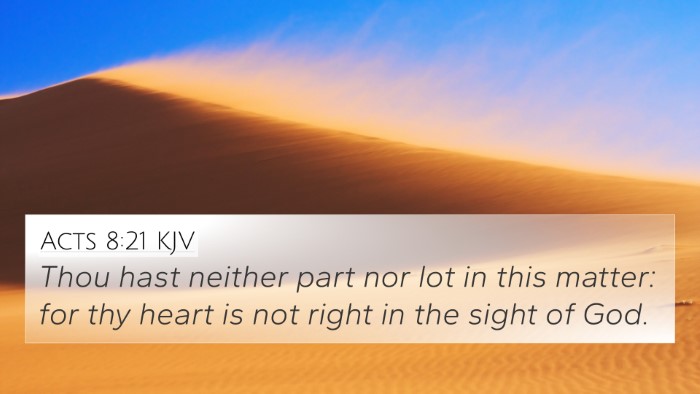Understanding Matthew 6:21
Matthew 6:21 states, "For where your treasure is, there your heart will be also." This profound verse encapsulates the essence of where one places their priorities and affections. The verse serves as a spiritual barometer, measuring one's true values.
Verse Meaning
In this verse, we observe a clear connection between material possessions and spiritual focus. According to Matthew Henry, this verse addresses the dual nature of our hearts and the possible distractions that worldly treasures can present. Those who treasure earthly wealth reveal a heart that is tied to temporal concerns rather than eternal ones.
Adam Clarke emphasizes the importance of intention. He suggests that what we hold dear in our lives must reflect the priorities of our spiritual journey. If our 'treasures' are rooted in the heavenly, our hearts follow suit, leading to a life that values integrity, love, and divine purpose.
Albert Barnes interprets this verse as a call to introspection. He points out that by observing where we invest our time, energy, and resources, we can discern the true focus of our hearts. If we prioritize spiritual riches, we will find our hearts drawn towards God's eternal kingdom.
Key Insights from Commentaries
- Heart and Treasure Link: The heart is the center of our intentions. The treasures we seek—be they material wealth, relationships, or spiritual endeavors—reflect our deepest longings.
- Worldly vs. Heavenly Treasures: Spiritual growth is impeded when our focus is on temporary worldly gains. Commentators remind us that the love of money is a distraction that can lead us away from God.
- Self-Examination: This verse compels believers to conduct a thorough self-examination of their priorities—are they leaning towards earthly matters or heavenly pursuits?
Related Bible Cross References
This verse is interlinked with several key biblical passages that deepen our understanding of its themes:
- Matthew 19:21: “If you would be perfect, go, sell what you possess and give to the poor, and you will have treasure in heaven.”
- Luke 12:34: “For where your treasure is, there will your heart be also.” (This echoes Matthew 6:21 directly.)
- 1 Timothy 6:17-19: “As for the rich in this present age, charge them not to be haughty, nor to set their hopes on the uncertainty of riches...”
- Colossians 3:2: “Set your minds on things that are above, not on things that are on earth.”
- Proverbs 23:4-5: “Do not toil to acquire wealth; be discerning enough to desist...”
- James 1:10-11: “And the rich in his humiliation, because like a flower of the grass he will pass away.”
- 1 Corinthians 3:12-15: “Now if anyone builds on the foundation with gold, silver, precious stones, wood, hay, straw...” (A call to build with what lasts eternally.)
- Philippians 3:19: “Their end is destruction, their god is their belly, and they glory in their shame...”
- Luke 16:13: “No servant can serve two masters...” (A reminder of loyalty to God's kingdom.)
- Matthew 5:16: “Let your light shine before others, so that they may see your good works and give glory to your Father who is in heaven.”
Tools for Bible Cross-Referencing
Utilizing practical resources for studying cross-references enhances Biblical understanding significantly. Believers can employ:
- Bible Concordance: A comprehensive tool that lists words and phrases with verses where they appear.
- Bible Cross-Reference Guide: Guides that outline passages that relate to one another.
- Bible Reference Resources: Various materials that help in making thematic connections across scriptures.
- Cross-Reference Bible Study: Engaging in studies that specifically focus on linking various passages, providing a deeper grasp of biblical themes.
Deepening Knowledge through Inter-Biblical Dialogue
By interpreting the connections between texts, believers can gain a fuller understanding of their spiritual journey and God's overarching narrative. Thematic Bible verse connections allow us to:
- Identify Themes: Recognizing themes such as humility, grace, and divine treasure that connects Matthew 6:21 with the other mentioned verses.
- Engage in Comparative Bible verse analysis: Understanding similarities and differences enhances scriptural insight.
- Discover Parallels: Cross-referencing can show how New Testament verses fulfill or echo Old Testament principles.
Conclusion
Matthew 6:21 serves as a faithful reminder to reflect on the treasures we pursue. As we explore scriptural connections and engage with Biblical texts critically, we build a foundational understanding that propels our spiritual journeys forward. Utilizing tools for Bible cross-referencing and recognizing inter-Biblical dialogue deepens our engagement with God's Word and helps unravel the rich tapestry woven across the Scriptures.



